Keywords: Voice
There are more than 200 results, only the first 200 are displayed here.
-
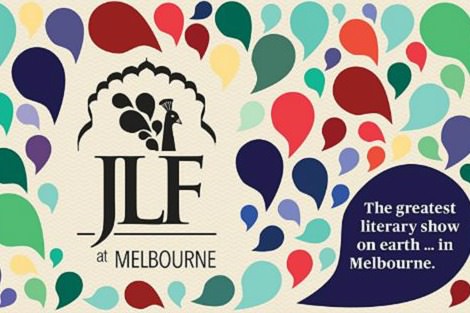
AUSTRALIA
- Tseen Khoo
- 20 February 2017
1 Comment
Recognising the necessity of initiatives and events in which you would not participate but that others find exciting and worthwhile is partly about social generosity. It's also about acknowledging that the public culture that surrounds you is not - and should not - only reflect you and your priorities. Ideally, it would involve knowing about, and potentially advocating for, the presence of groups and voices that are currently absent or misrepresented.
READ MORE 
-
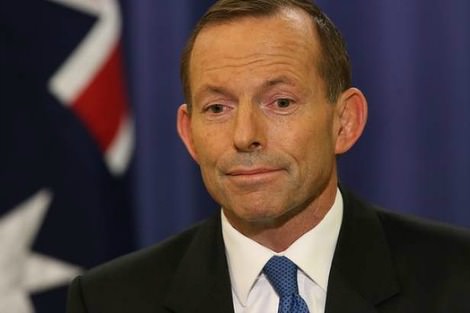
AUSTRALIA
- Mark Hearn
- 31 January 2017
6 Comments
2016 was a bumper year for the political double down. Journalist Mark Kenny witnessed a dramatic manifestation: 'Mr Abbott was seen to double down on his recent indirect messaging to Mr Turnbull about a possible return to the frontbench.' A combined 'double down with indirect messaging': perhaps a uniquely Abbott adaptation. Doubling down - otherwise known as repeating yourself - is the public language of aggressive redundancy, drowning out alternative voices and ideas.
READ MORE 
-
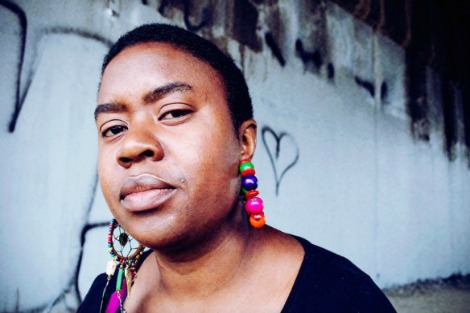
AUSTRALIA
- Neve Mahoney
- 25 November 2016
9 Comments
In a utopian world, free of racism and bigotry, there would be no problem with writers having complete artistic freedom. It becomes a problem when, for example, a white author takes the experiences of a Ugandan woman and writes a novel that becomes an acclaimed bestseller, while writers of colour struggle to get published and have their own stories told. This is white privilege at its finest. Morally, should the privileged be able to profit from the experiences and oppression of another culture?
READ MORE 
-
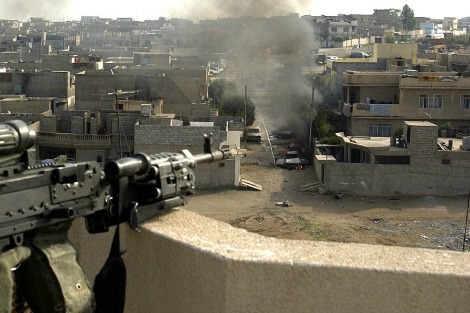
INTERNATIONAL
- Justin Glyn
- 25 October 2016
5 Comments
This is a tale of two cities. Both are occupied by militants holding to an extremist reading of Islam which gives no space to other faiths or opposing voices. In both cases, the defenders are using civilians as human shields and preventing them from leaving in the breaks granted by the besieging forces. Both are under attack by the internationally recognised governments of the countries in which they are situated. In both cases, civilians are suffering. Yet the narratives in the west are wildly different.
READ MORE 
-
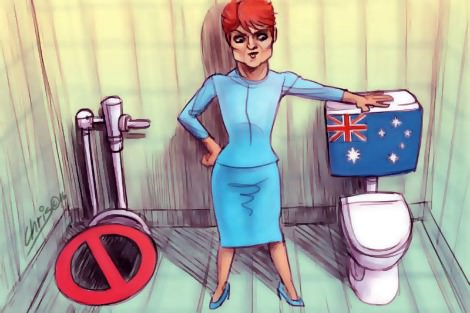
AUSTRALIA
- Osmond Chiu
- 16 September 2016
12 Comments
It is ironic that Hanson thrives on the perception that she is an authentic outsider against 'the system' when in fact she is part of that system. Think about how she is constantly given paid platforms by television networks. She hasn't been silenced by 'the system', her voice is heard and has been amplified. She is also no amateur, she is a professional and knows exactly what she is doing. She is not some 'battler' being picked on, and that needs to be emphasised.
READ MORE 
-
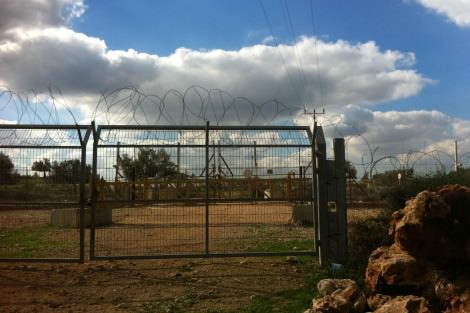
INTERNATIONAL
- Na'ama Carlin
- 28 July 2016
11 Comments
It was two years ago this month, in July 2014, that my flight touched down in Ben Gurion Airport half an hour later than scheduled. There were rumours of Hamas missiles landing in the vicinity of the airport. A few days later multiple airlines announced they were ceasing travel to Israel. What would become Israel's deadliest offensive in Gaza since the Second Intifada, 'Operation Protective Edge', was entering its second week. How did it come to this?
READ MORE 
-
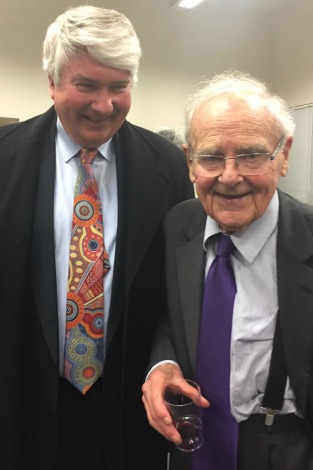
INTERNATIONAL
- Frank Brennan
- 26 July 2016
3 Comments
John traces the political ascent and descent of Sturzo whose first public office was as mayor of his own town. The chapter headings mark each step up and down the Everest of Italy's experiment with democracy and fascism: the emergence of political Catholicism in Italy; the dream takes shape; democracy without direction; democracy in decline; the search for a leader; the stick and the carrot; the voice of the watchman; and enter the night. Sturzo goes into exile; Mussolini takes over; and the Vatican is well pleased because the Roman Question is finally resolved in 1929 with the Lateran Treaties negotiated by Mussolini and Pope Pius XI, each of whom got what they were looking for.
READ MORE
-

ARTS AND CULTURE
- Tim Kroenert
- 23 June 2016
7 Comments
That McGuire, eventually, and presumably under pressure from the club's board and a major sponsor, offered what seemed to be a sincere apology, barely diminishes the fact that the comments were made in the first place, compensates for the lack of real repercussions, or excuses the time and effort that was required to get the incident on the agenda at all. Like a good parable, Mustang illuminates the ethical deficit of such a scenario, where women can so readily be bulldozed by powerful male voices.
READ MORE 
-
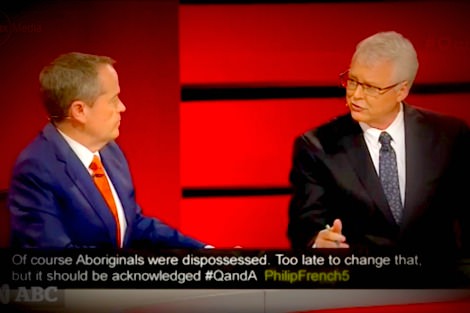
AUSTRALIA
- Celeste Liddle
- 22 June 2016
8 Comments
For the first time ever, I got the sense that political views on the importance of Indigenous issues had shifted. It was not due to an increase in Indigenous voices in the political discussions nor was it because either of the major parties announced a policy which I found remotely inspiring. Rather it was because, under the glare of the camera, the leaders of the two major parties both attempted to show a greater understanding of the Indigenous political agenda than they have before.
READ MORE 
-
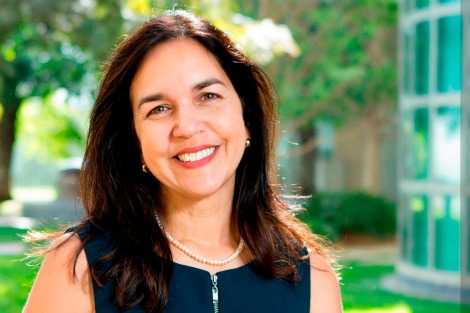
AUSTRALIA
- Jarni Blakkarly
- 21 June 2016
11 Comments
Across the political spectrum, Australia's major and minor parties are failing to reflect the multicultural Australia of the 21st century. We have fallen far behind similar nations like Canada, who elected 19 Indian-Canadians alone, and ten indigenous parliamentarians, at their last election. Who we elect to our parliament is not just about the gesture, it is also a reflection of where power lies within our society, and whose voices are given the space to be heard to represent the community.
READ MORE 
-

ARTS AND CULTURE
- Tim Kroenert
- 17 June 2016
In one scene, as Taylor and Davis argue, the dialogue comes down and the score comes up; her voice is literally taken from her. When Davis then physically assaults her, the message is clear: his music and his violence are notches on the same spectrum. This conflation of creativity with destructiveness is a typical error of mainstream biopics about great artists who were not nice people. Yet applied in the context of spousal abuse it is not only specious but ethically dubious, even dangerous.
READ MORE 
-

RELIGION
- Andrew Hamilton
- 19 May 2016
13 Comments
The bishops speak less trenchantly than Pope Francis, who criticises sharply the assumptions and practices of neoliberal economics. But in the context of this election, they add their voice to that of those who are concerned about economic assumptions that enrich the few and exempt corporations and business from social responsibility. Their statement will encourage those who see the now notorious behaviour of banks, finance business and corporations as symptomatic of a vicious economic ideology.
READ MORE 